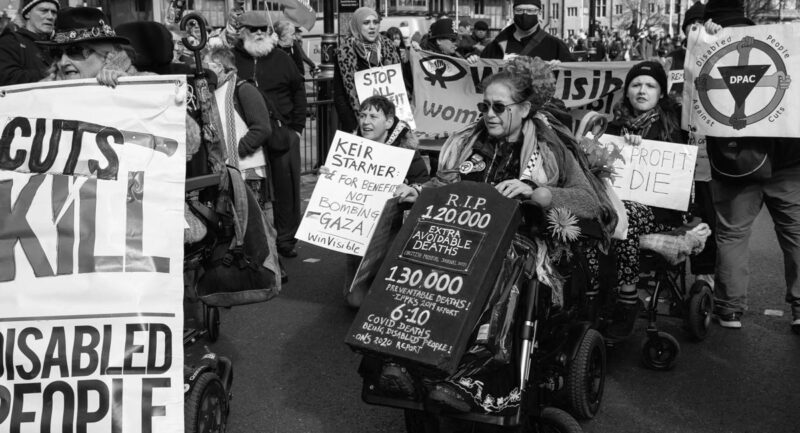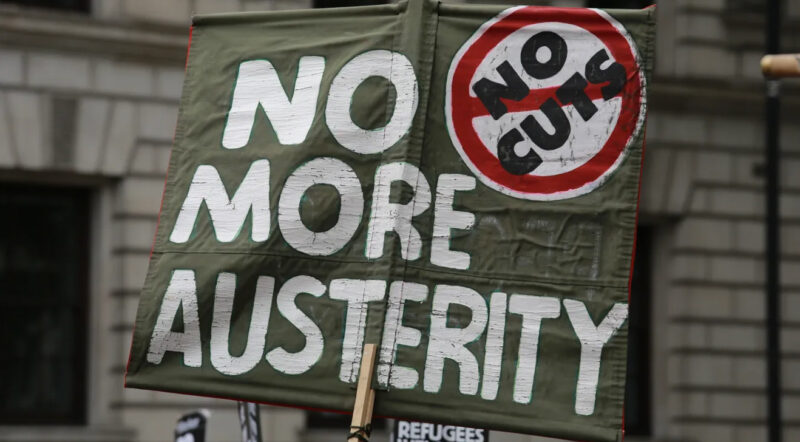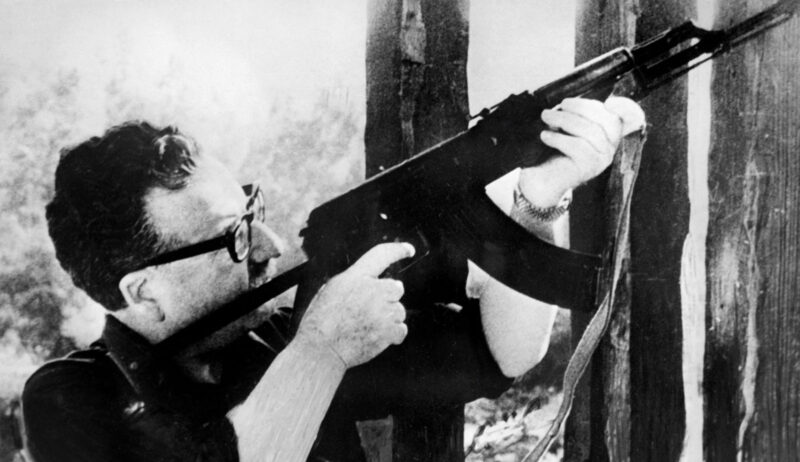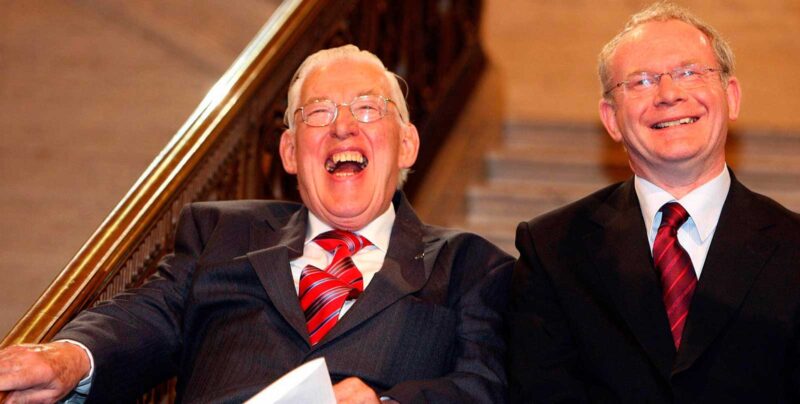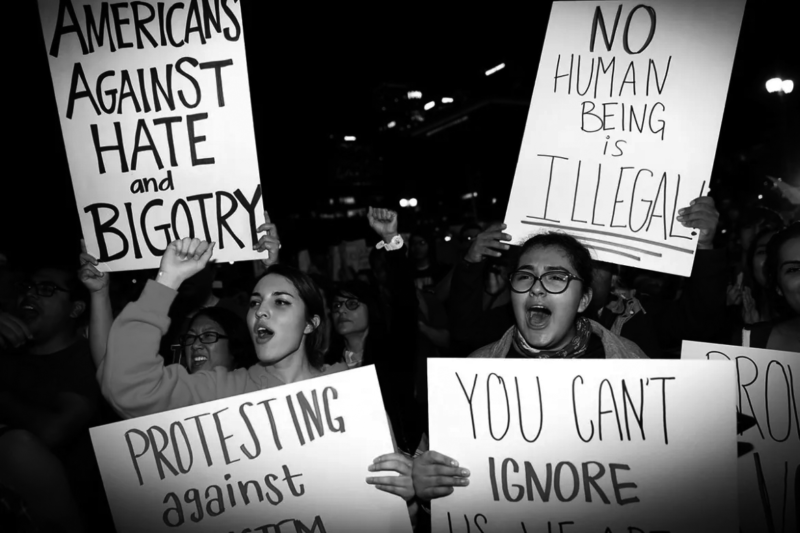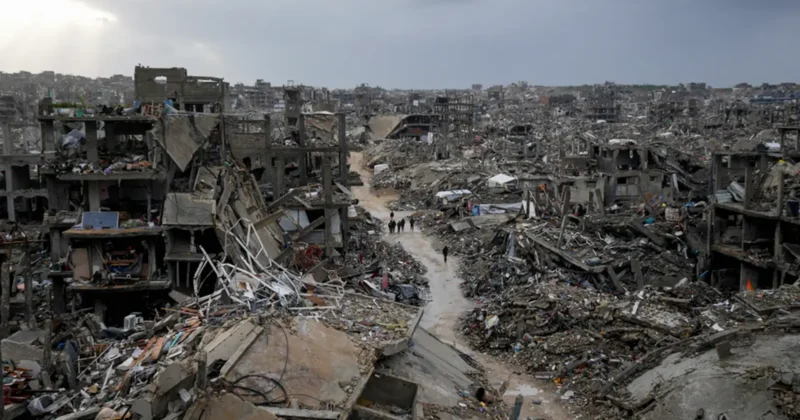British imperialism’s bloody history in the Middle East
UK Prime Minister David Cameron flew into Cairo after Hosni Mubarak was forced out, saying he wanted to be the first Western politician there since the revolution. He was flanked by British arms dealers on their way to the huge Idex weapons fair in Abu Dhabi. This was the latest episode in Britain’s bloody history in the Middle East, writes Mark Booth

Britain exports millions of pounds worth of military and crowd control equipment to repressive dictatorships every year – and the government guarantees these deals through its strategic export controls. This includes explicitly military hardware, as well as controlled civilian equipment that can be used against unarmed people, such as torture implements and surveillance tools.
This industry is very profitable for the UK. There were 93 UK companies at the Idex fair, and last year the UK made just under £400 million in military sales and another £1.8 billion in controlled civilian sales.
Successive governments have defended this trade, including covering up bribes. The government of Tony Blair – now Middle East peace envoy and a friend of Hosni Mubarak – dropped an investigation into arms manufacturer BAE Systems, which was accused of bribing Saudi officials to grease an arms deal.
Britain’s butchery
But Britain’s bloody hands have been on the Middle East and North Africa for nearly 200 years. The British Empire not only carved up the region, agreeing its artificial borders with other imperialist powers like France, but dominated it economically.
When Egypt became bankrupt in the 1870s, its economy was effectively taken over by the European powers, with Britain controlling about 80 per cent of the debt. In 1882, when a nationalist revolt threatened to overturn European domination, Britain sent warships and bombarded Alexandria for days, killing thousands, while a British expeditionary force landed and slaughtered a weak Egyptian army.
In the early twentieth century, Britain helped create new client states including the little made-up monarchies in Kuwait, Bahrain and Qatar. After the First World War, Britain and France carved Syria, Lebanon, Palestine, Jordan and Iraq out of the ruins of the Ottoman Empire.
The British government also provided support for the emerging Zionist movement, with Lord Balfour issuing his famous declaration in 1918 promising a “Jewish national home” in Palestine. Britain’s pro-Zionist policy would ultimately lead to the creation of Israel and the expulsion of more than 750,000 Palestinians in 1948.
Repressing the Iraqis
When Britain occupied Iraq after the First World War, its army bloodily repressed an uprising in 1920. Villages were burnt, rebels shot and livestock seized. Rebel strongholds were shelled heavily and bombed from the air. The RAF and artillery units used gas shells – the first time chemical weapons were used against the Iraqi people. Winston Churchill, who became Secretary of State for the Colonies in 1921, said in 1919 that he was “strongly in favour of using poisoned gas against uncivilised tribes”.
The British pioneered the use of air power as a cheap method of putting down uprisings against colonial rule. Wing Commander Arthur Harris, later to become as “Bomber” Harris for his destruction of German cities, said of aerial bombardment: “within 45 minutes a full sized village can be practically wiped out and a third of its inhabitants killed or injured.”
The West’s domination of Iran dates to the 1810s, when Britain captured land from Persia and forced it to sign a humiliating peace treaty. In the 1920s British armed forces helped install a dictator who was later overthrown, leading to a nationalist government led by Mohammad Mosaddegh. Mosaddegh himself was overthrown in 1953 in a coup supported by Britain and the United States, after he threatened to nationalise the Anglo-Iranian Oil Company.
Post Second World War
Even after the Second World War, Britain continued to play a nefarious role in North Africa. It supported the right of defeated Italian imperialism to resume control of its former colonies in Libya and part of Somalia, as well as France’s domination over Algeria, Tunisia and Morocco. Britain’s own domination over Egypt would continue until ousted by a popular revolution in 1952.
Britain’s influence in the region declined by the 1970s, but its role in supporting the US-dominated regional order still holds back the fight for democracy in the Arab world. This is why the Arab masses take up so readily the politics of anti-imperialism, to free their countries from the grip of the Western powers and their puppets that have so abused and manipulated them.

